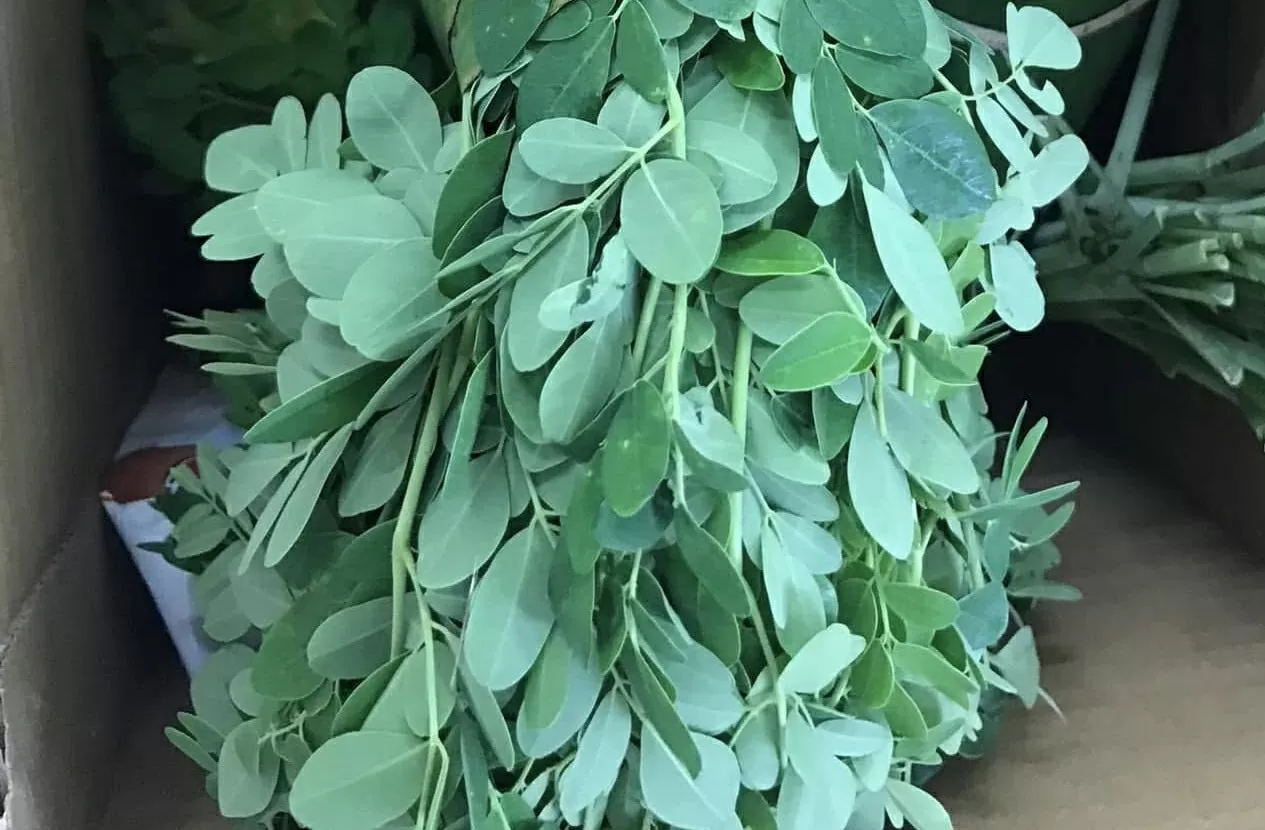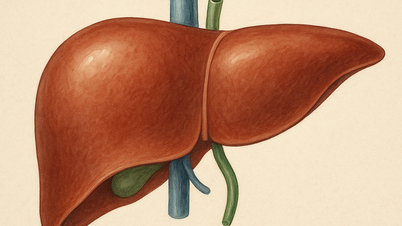 |
| Moringa helps prevent cardiovascular disease, cancer, and protects the liver and kidneys. (Source: Health and Life Newspaper) |
Moringa leaves contain 18 types of amino acids and 46 types of antioxidants. Scientists have compared the nutritional content of fresh Moringa leaves (100g) with other foods and found that the vitamin C content is 7 times higher than oranges, 4 times higher than milk, 4 times higher than carrots, 2 times higher than yogurt, 3 times higher than spinach, etc.
Prevents cardiovascular disease, cancer, protects the liver and kidneys: Moringa leaves contain a lot of vitamin C, zinc and other active ingredients that can protect cells from free radicals, substances that can cause cancer. Saponin compounds from this vegetable have the effect of protecting the liver and kidney tissue.
The flavonoids, hyperoside, rutoside, terpenoids, oleanoic acid, and b-sitosterol components in the leaves all have high antioxidant activity that can prevent heart damage and are proven to maintain a healthy heart.
“Medicine” for HIV patients: Moringa helps improve nutrition and is also used as medicine for HIV-positive patients.
Good for children and nursing mothers: Dr. Vu added that fresh Moringa leaves are considered by the World Health Organization (WHO) as an effective solution for mothers with low milk supply, pregnant women, malnourished children and weaned children from 1-3 years old. Children consuming 39g of this vegetable can provide 30% of protein, 75% of calcium and 50% of iron needed for the body.
For pregnant and lactating mothers, using 100g of fresh leaves per day is enough to supplement calcium, vitamin C, vitamin A, iron, copper, magnesium, and necessary B vitamins for the day.
Antibacterial properties: Moringa leaf extract has strong antibacterial activity against Candida albicans and Gram (+) bacteria, Gram (-) bacteria, effectively preventing and fighting fungi.
Good for digestion: Parts of the plant such as leaves, roots, seeds, bark, fruits and flowers... contain moringinin which stimulates digestion and cures dysentery. The high fiber content in moringa leaves softens waste, stimulates intestinal activity and improves constipation.
In addition, Moringa is also used topically to support the treatment of inflammatory diseases of the skin and soft tissue.
Dr. Vu warns that moringa may interact with some medications used to treat hypothyroidism, diabetes, and high blood pressure. People with these conditions should consult their doctor.
Source: https://baoquocte.vn/loai-rau-nao-giau-canxi-gap-4-lan-sua-nhieu-vitamin-c-gap-7-lan-cam-310184.html


![[Photo] Prime Minister Pham Minh Chinh meets with the Policy Advisory Council on Private Economic Development](https://vphoto.vietnam.vn/thumb/1200x675/vietnam/resource/IMAGE/2025/5/8/387da60b85cc489ab2aed8442fc3b14a)

![[Photo] General Secretary concludes visit to Azerbaijan, departs for visit to Russian Federation](https://vphoto.vietnam.vn/thumb/1200x675/vietnam/resource/IMAGE/2025/5/8/7a135ad280314b66917ad278ce0e26fa)

![[Photo] President Luong Cuong presents the decision to appoint Deputy Head of the Office of the President](https://vphoto.vietnam.vn/thumb/1200x675/vietnam/resource/IMAGE/2025/5/8/501f8ee192f3476ab9f7579c57b423ad)
![[Photo] National Assembly Chairman Tran Thanh Man chairs the meeting of the Subcommittee on Documents of the First National Assembly Party Congress](https://vphoto.vietnam.vn/thumb/1200x675/vietnam/resource/IMAGE/2025/5/8/72b19a73d94a4affab411fd8c87f4f8d)

















































![[Photo] Prime Minister Pham Minh Chinh talks on the phone with Singaporean Prime Minister Lawrence Wong](https://vphoto.vietnam.vn/thumb/402x226/vietnam/resource/IMAGE/2025/5/8/e2eab082d9bc4fc4a360b28fa0ab94de)


































Comment (0)